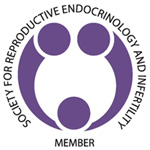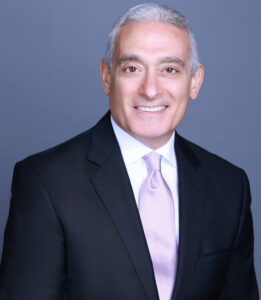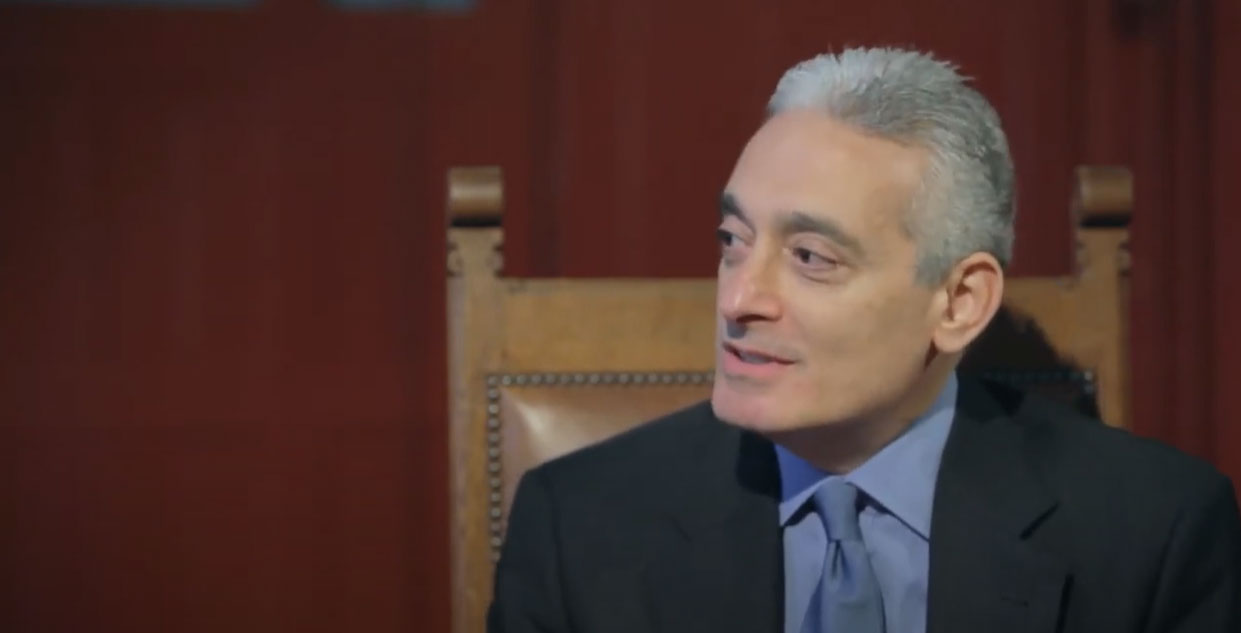VCRM is a proud SREI member
 Our primary physician – Dr. Fady Sharara, M.D., FACOG – is a member of the Society for Reproductive Endocrinology and Infertility (SREI).
Our primary physician – Dr. Fady Sharara, M.D., FACOG – is a member of the Society for Reproductive Endocrinology and Infertility (SREI).
What does that mean and why should you care?
The Society for Reproductive Endocrinology and Infertility (SREI) is an organization of physicians dedicated to providing excellence in reproductive health through research, education and patient care.
Membership in SREI is strictly limited to physicians who have been certified by the American Board of Obstetrics and Gynecology (ABOG) as having special knowledge and proficiency in the specialty of Obstetrics and Gynecology and in the subspecialty of Reproductive Endocrinology and Infertility. To date, fewer than 800 physicians have achieved this very special distinction.
What is a Reproductive Endocrinologist?
ABOG defines Reproductive Endocrinologist as “a specialist in obstetrics and gynecology who is capable of managing complex problems relating to reproductive endocrinology and infertility, and whose current professional activity involves the practice of reproductive Endocrinology in a setting wherein essential diagnostic and therapeutic resources are available and being used appropriately.”
To be certified in the specialty of Obstetrics and Gynecology by ABOG, a physician must:
- Successfully complete four years of training in Obstetrics and Gynecology, after graduation form an accredited medical school.
- Pass a written examination in Obstetrics and Gynecology.
- Pass an oral examination in Obstetrics and Gynecology, after a minimum of one year of independent specialty practice.
To be Certified in the subspecialty of Reproductive Endocrinology and Infertility by ABOG, a physician must also:
- Successfully complete three years of additional subspecialty training in Reproductive Endocrinology and Infertility.
- Pass a second written examination in Reproductive Endocrinology and Infertility
- Pass a second oral examination in reproductive endocrinology and infertility, after a minimum of one year in independent subspecialty practice.
- Examination includes a critical review of the management of all patients for whose care the candidate had primary responsibility during the preceding year.
- Successful candidates must demonstrate the capability to manage complex problems relating to Reproductive Endocrinology and Infertility and be judged to possess the scientific training necessary to advance knowledge in this evolving subspecialty, to evaluate new concepts, and to interpret their supporting data.
Subspecialty certification in Reproductive Endocrinology and Infertility and membership in the SREI are highly prized professional credentials. Individuals who falsely claim to have subspecialty certification in Reproductive Endocrinology and Infertility ARE SUBJECT TO LEGAL ACTIONS BY ABOG.
In sumary, members of the SREI are a select group of highly trained and qualified physicians with advanced education, research, and professional skills, in Reproductive Endocrinology and Infertility who treat reproductive disorders that affect children, men and women of all ages.
Membership in the SREI requires seven years of formal subspecialty training after medical school, and certification of special knowledge and proficiency in the evaluation and treatment of reproductive failure and a wide variety of endocrine disorders including:
- Infertility and Recurrent Pregnancy Loss
- Problems of sexual development and function
- Menstrual disturbances
- Hormone imbalances and abnormalities
- Menopause


